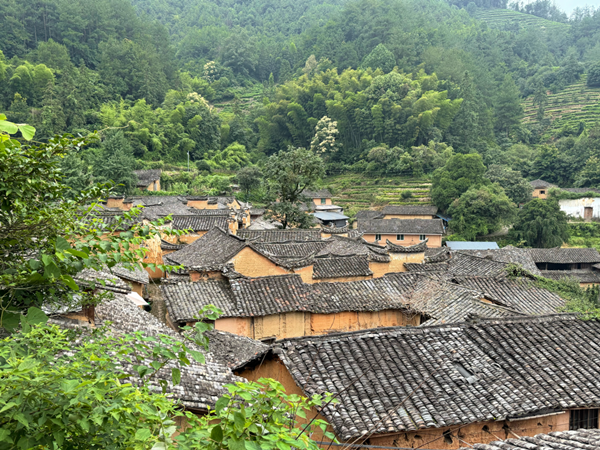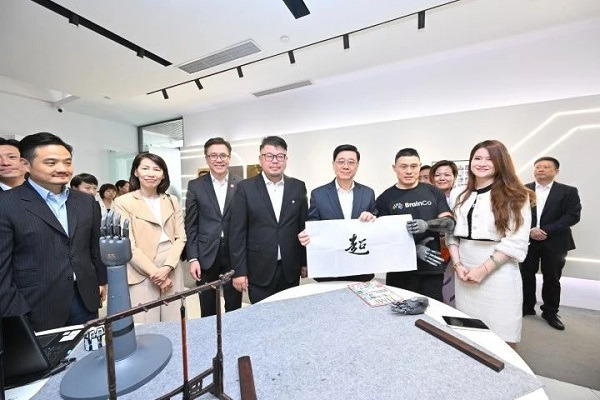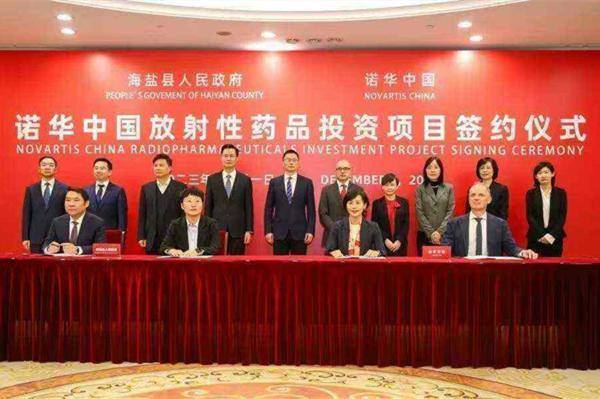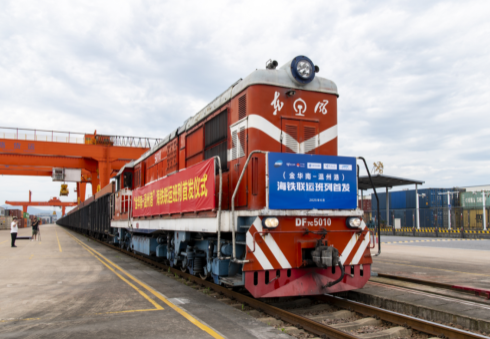The Chinese Academy of Agricultural Sciences' Tea Research Institute and the Institute of Environment and Sustainable Development in Agriculture hosted a demonstration event on "eco-friendly low-carbon tea production techniques" in Anji county, Huzhou, Zhejiang province, on Nov 22.
At a demonstration base in Anji, key technologies such as tea-forest intercropping, green manure intercropping, and green pest control are showcased. These techniques aim to reduce the use of chemical fertilizers and pesticides, lower environmental pollution, and improve tea quality and safety.
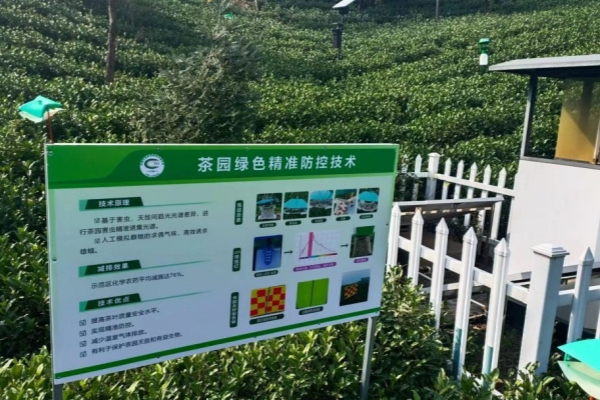
A board introduces green pest control technology at the demonstration base in Anji. [Photo/Huzhou News Media Center]
Every October, the base covers tea plants with straw, keeping trees warm and reducing chemical inputs, effectively lowering carbon emissions. The base also plants trees like Chinese yew and ginkgo to expand ecological forests. Green pest control methods, such as mimicking female moth scents to trap males, have reduced average chemical pesticide use by 76 percent in the area.
Experts at the event noted that China's tea industry generates 4,500 to 19,900 kilograms of carbon dioxide per metric ton of tea, much higher than vegetables and grains. Research shows that tea gardens using eco-friendly low-carbon techniques have managed to cut carbon emissions by 61 percent.
Huzhou, home to over 430,000 mu of tea gardens, is working to promote the eco-friendly low-carbon tea techniques across the province and the nation.
Editor: Zhong Xinyi
